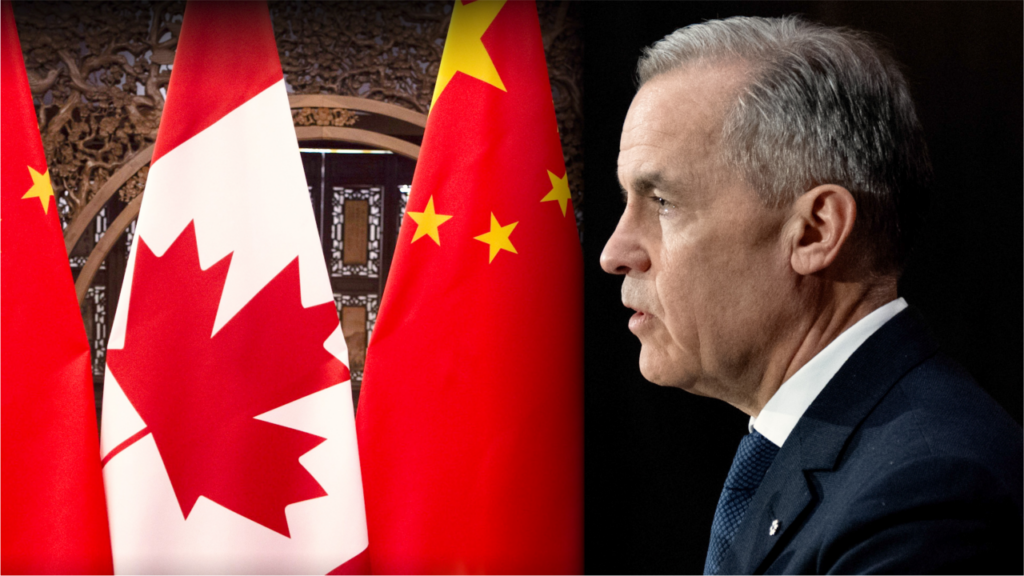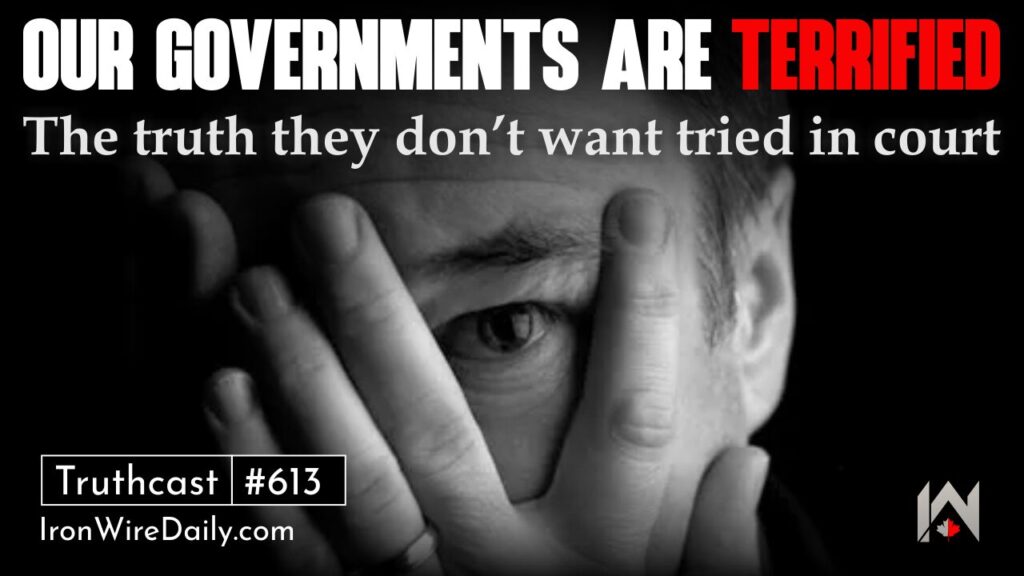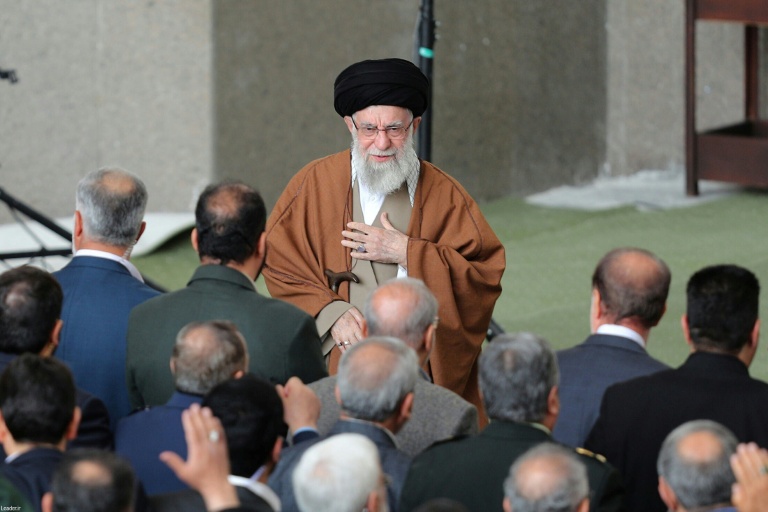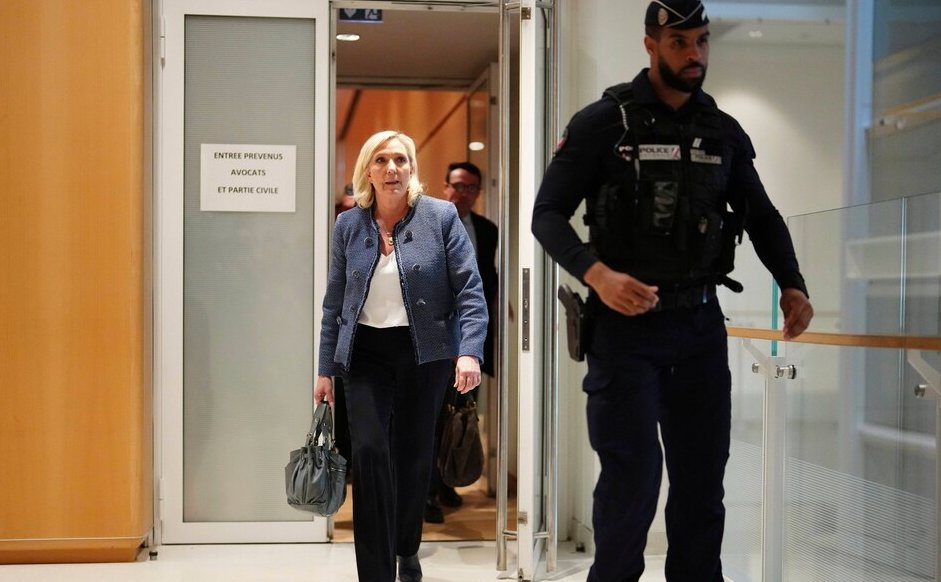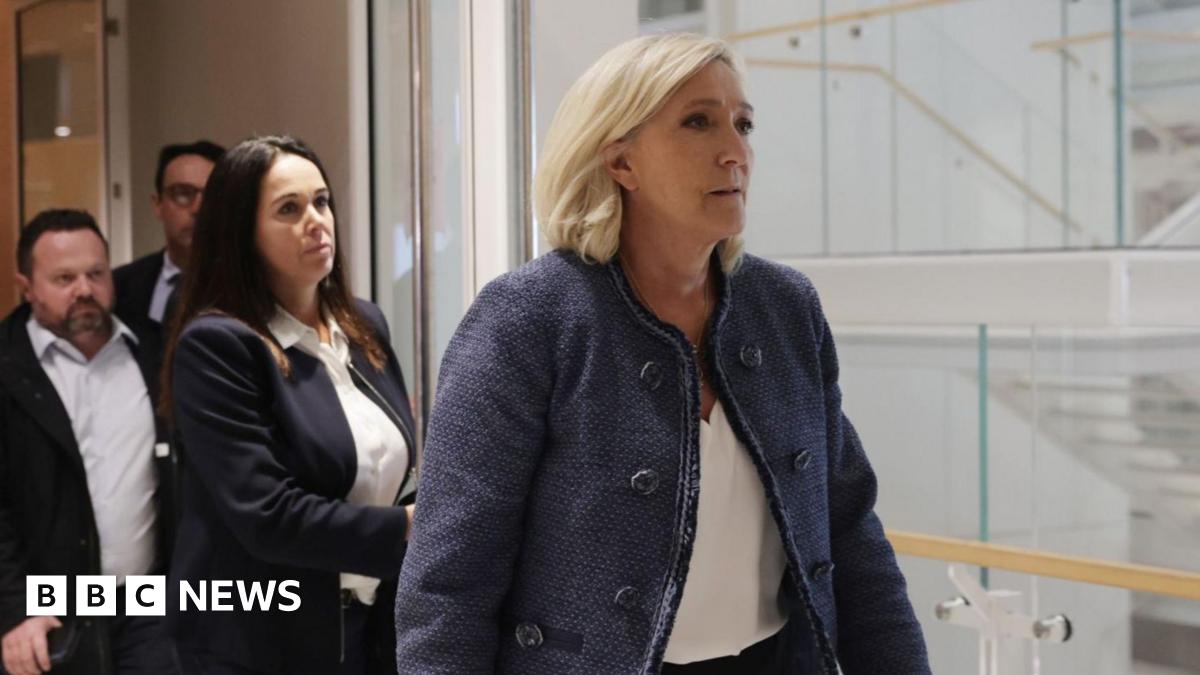UK lawmaker to defer assisted suicide bill until 2029 after pushback – LifeSite
(LifeSiteNews) — In what appears to be a severe mercy, the United Kingdom has gotten a chilling glimpse of the future intended by those pushing for the legalization of assisted dying. Dan Hitchens, who has been carefully documenting the proceedings of Labour MP Kim Leadbeater’s Assisted Dying committee, detailed ten of the committee’s worst moments:
Ten worst moments of the assisted suicide bill committee stage: pic.twitter.com/rbe5Ktf0we
— Dan Hitchens (@ddhitchens) March 27, 2025
The brutal publicity from these proceedings has been so damaging that Leadbeater herself has now proposed a surprise deferral of her bill that would delay the initial timeline of two years and extend it to four years. This delay tactic is likely intended to ensure that the bill survives long-term, in hopes that the tidal wave of negative coverage will have died down.
But as the Catholic Herald observed, the deferral would mean that “the effort to introduce legalised assisted suicide would likely coincide with a UK general election, a time when ministers might well be reluctant to be seen to be pushing through such a controversial change before voters go to the polls, or to have such a proposal as a potentiality hanging in the air and influencing voters.”
In fact, Liberal Democrat MP Tom Gordon, a member of the Assisted Dying committee, worried that “delaying implementation risks pushing it beyond the next election, where it could be abandoned altogether. We have thoroughly scrutinised and strengthened this bill, ensuring it is safe and robust. Every extra year means more unnecessary suffering for those who cannot afford to wait.”
While those in the pro-assisted suicide camp continue to frame their point of view as one concerned with human suffering, the debate over the bill has caused past comments from activists to resurface, which paints a completely different, and more accurate, picture.
In a 2017 interview with the Sunday Times, one such person, British neurosurgeon Dr. Henry Marsh, let the mask slip entirely. A staunch defender of legalizing assisted suicide and euthanasia, Marsh was fed up with the opposition of religious groups. “So much of [the opposition] is all bloody Christians. They argue that grannies will be made to commit suicide,” he said. “Even if a few grannies get bullied into it, isn’t that a price worth paying for all the people who could die with dignity?”
In a March 26 editorial in the Telegraph by Annabel Fenwick Elliott titled “The vie assisted suicide Bill is on its last legs. Now let’s kill it off,” Fenwick rightly notes: “This isn’t a hypothetical misstep; it’s a chilling admission of what this campaign risks. And yet, I’m grateful for Marsh’s honesty. It cuts through the sanctimonious fog that surrounds this debate and lays bare the brutal calculus at its heart: to back assisted suicide, you must be willing to shrug off the coercion of the vulnerable as an acceptable cost.”
Former MP Matthew Parris has made similar comments in columns for the Times and the Spectator. In an editorial titled “We can’t afford a taboo on assisted dying,” Parris stated that euthanasia was a social necessity due to the aging population, and that the terminally ill likely will feel a pressure to die—but “that’s a good thing,” because this pressure “may one day be the kind of unspoken hint that everybody understands.”
Society, Parris wrote, cannot afford “extreme senescence or desperate infirmity.” In a column in the Spectator titled “Soon we will accept that useless lives should end,” he affirmed the “slippery slope” but concluded: “I believe this will indeed come to pass. And I would welcome it.”
This is a direct echo of the Nazi phrase “unnütze Esser,” or “useless eaters,” which was used to defend the T-4 euthanasia program designed to eliminate those with disabilities and others that the Nazis considered a “burden on society.” Parris use the term “ruinous expensive overhang,” but the meaning is identical.
One more example. In 2017, atheist Jerry Coyne echoed Marsh’s complaint that Christian ethics were getting in the way of killing. “The reason we don’t allow euthanasia of newborns is because humans are seen as special, and I think that comes from religion, in particular, the view that humans, unlike animals, are endowed with a soul,” he wrote. “It’s the same mindset that, in many places, won’t allow abortion of fetuses that have severe deformities. When religion vanishes, as it will, so will much of the opposition to both adult and newborn euthanasia.”
This is an inadvertent endorsement of Christianity that defenders of the vulnerable should note well: The most zealous pushers of euthanasia believe that residual Christianity is the final, inconvenient bulwark standing between them and their agenda.
The next parliamentary vote on assisted dying is scheduled for April 25. If it fails at Third Reading, the Leadbeater bill is dead. Despite Henry Marsh’s believes that “a few grannies” are dispensable or Matthew Parris’s view that “useless lives should end,” MPs should kill the bill rather than vote to kill the vulnerable.

Jonathon’s writings have been translated into more than six languages and in addition to LifeSiteNews, has been published in the National Post, National Review, First Things, The Federalist, The American Conservative, The Stream, the Jewish Independent, the Hamilton Spectator, Reformed Perspective Magazine, and LifeNews, among others. He is a contributing editor to The European Conservative.
His insights have been featured on CTV, Global News, and the CBC, as well as over twenty radio stations. He regularly speaks on a variety of social issues at universities, high schools, churches, and other functions in Canada, the United States, and Europe.
He is the author of The Culture War, Seeing is Believing: Why Our Culture Must Face the Victims of Abortion, Patriots: The Untold Story of Ireland’s Pro-Life Movement, Prairie Lion: The Life and Times of Ted Byfield, and co-author of A Guide to Discussing Assisted Suicide with Blaise Alleyne.
Jonathon serves as the communications director for the Canadian Centre for Bio-Ethical Reform.


